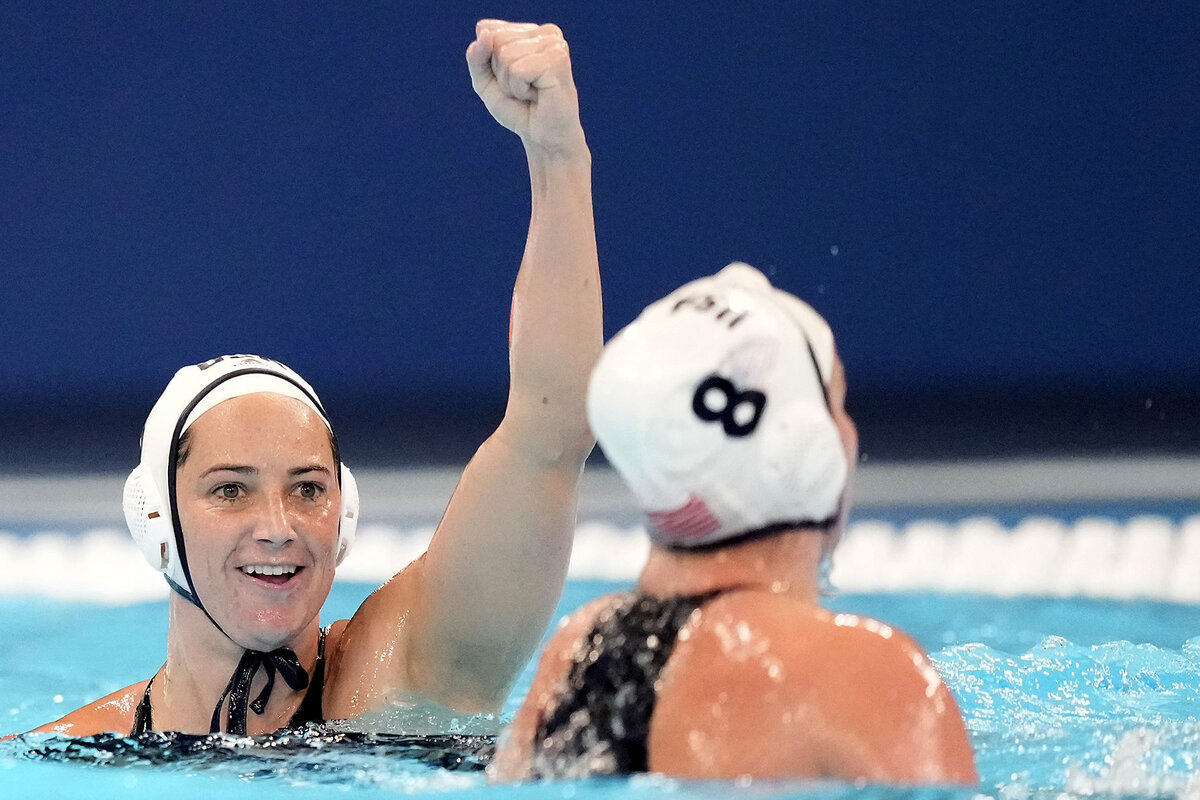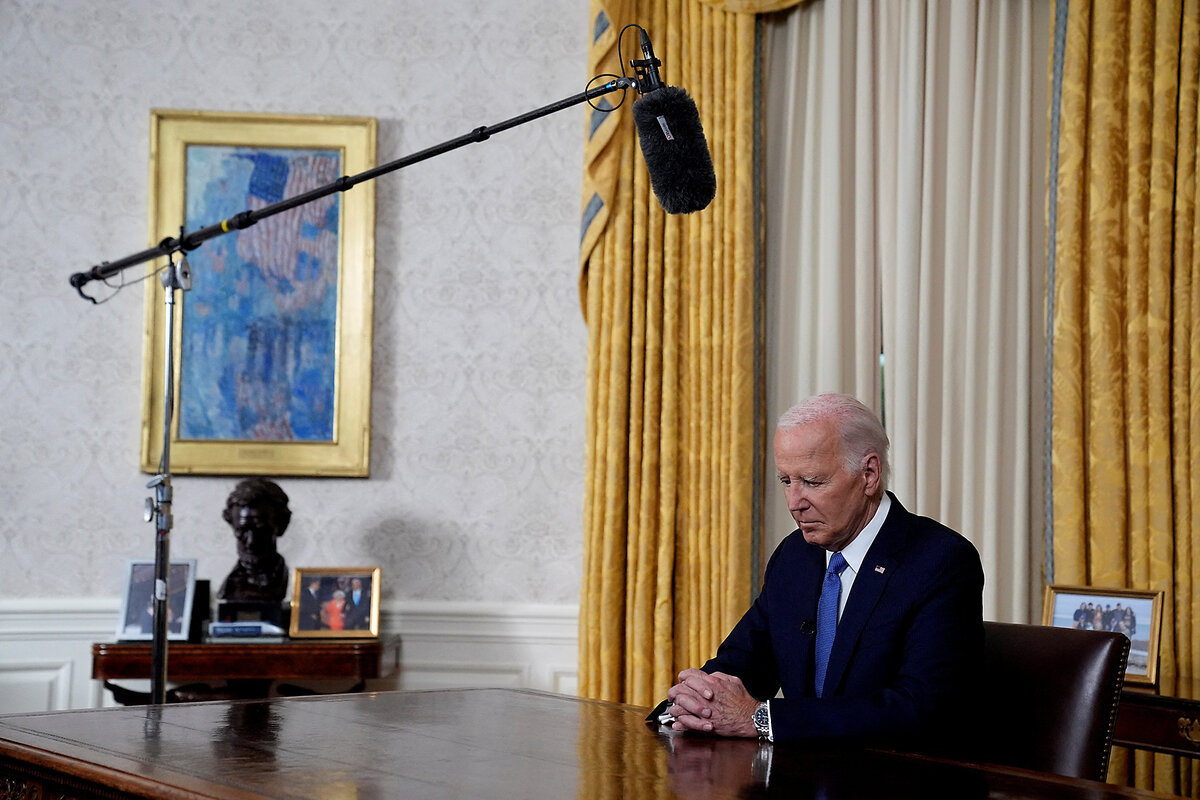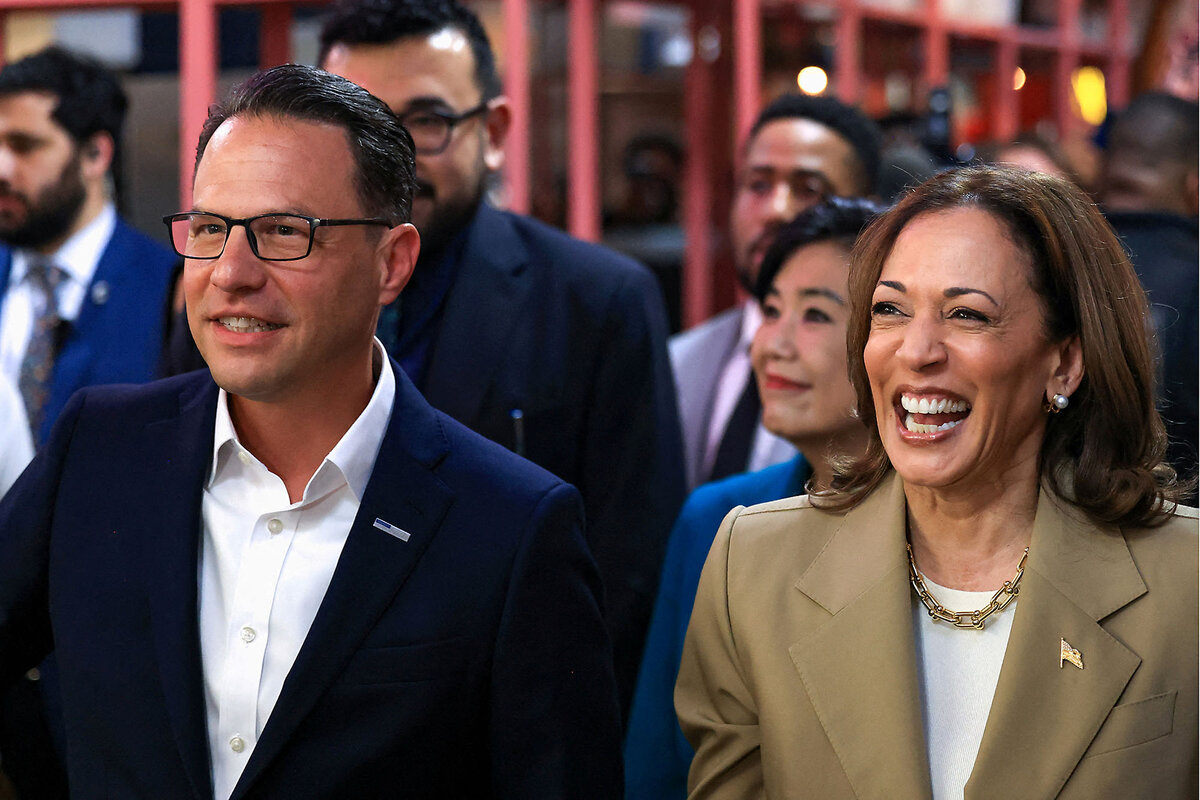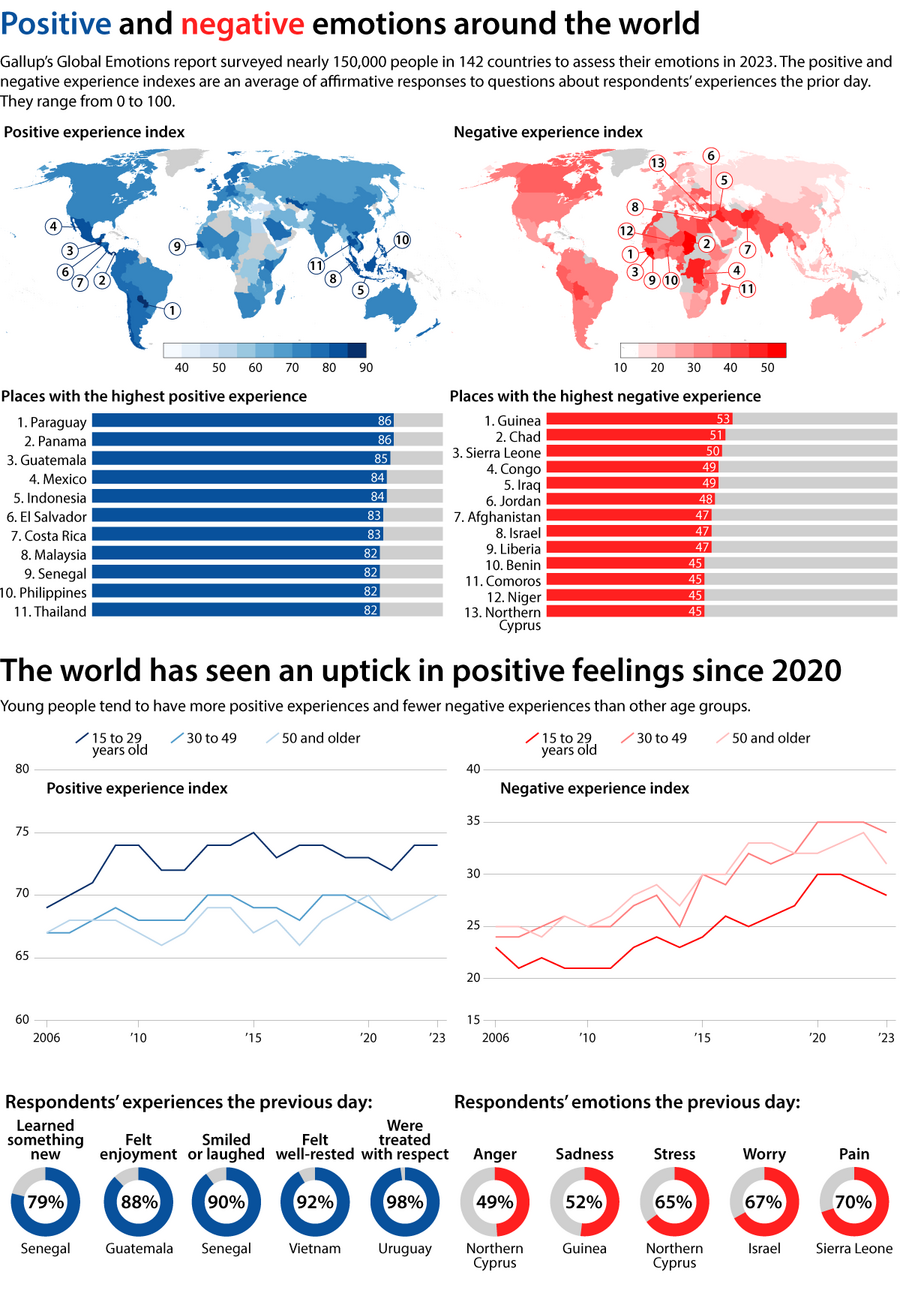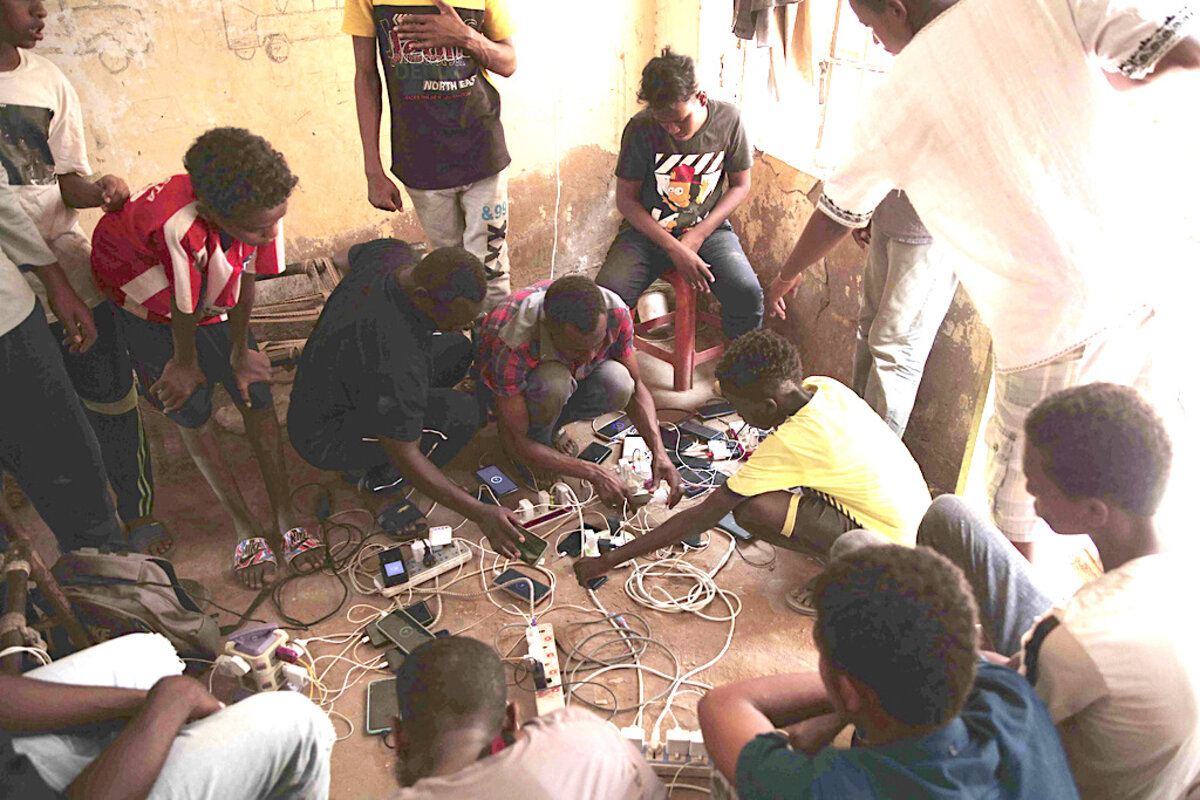Monitor Daily Podcast
- Follow us:
- Apple Podcasts
- Spotify
- RSS Feed
- Download
 Amelia Newcomb
Amelia Newcomb
What’s it like to be in the room at a key moment in politics?
You had a ringside seat when Monitor staffer Sophie Hills wrote about traveling with U.S. President Joe Biden immediately after his June 27 debate upended the presidential race. And you have another today. Washington Bureau Chief Linda Feldmann was one of only three members of the “restricted press pool” allowed in the Oval Office last night as the president addressed Americans about his decision not to seek a second term. You’ll get details that would have not been apparent from the TV feed – the crowd in the room, the reach of one of them for another’s supportive hand. I hope you’ll enjoy the read.



